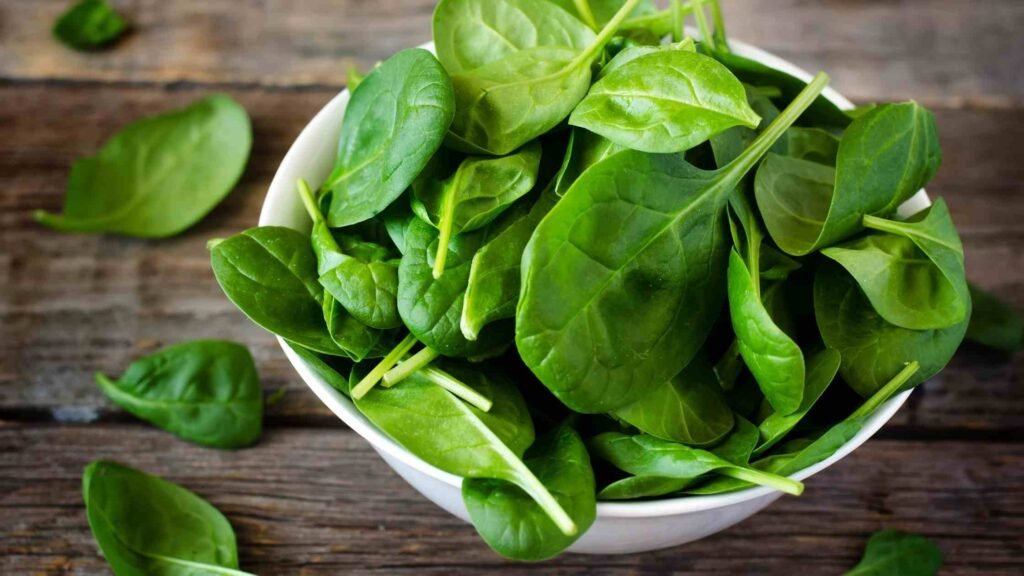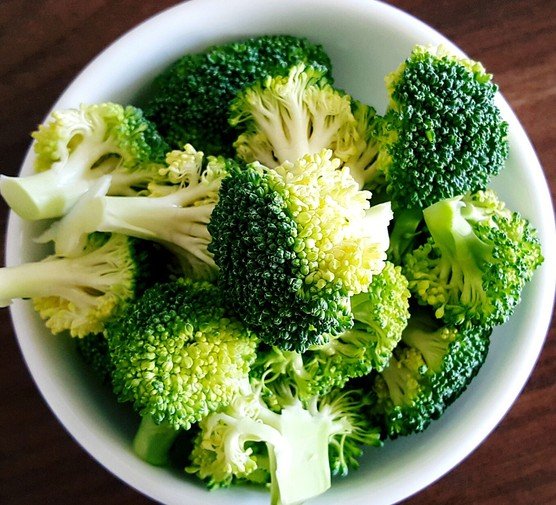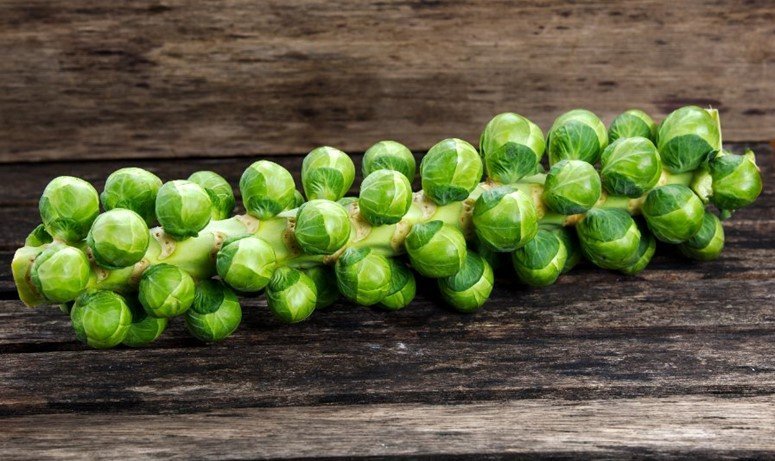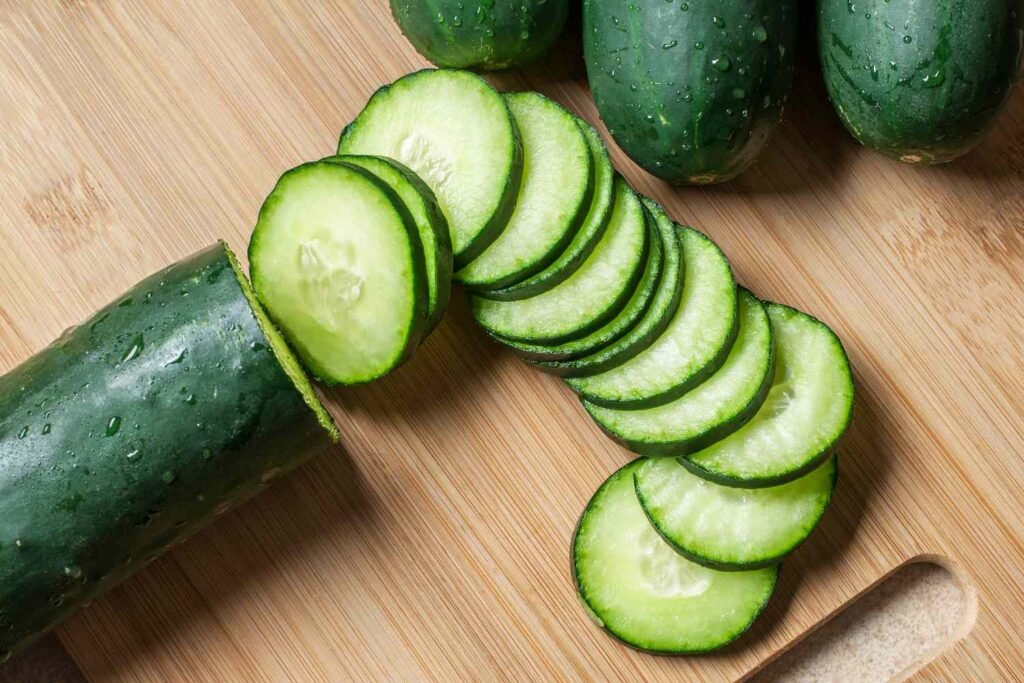Are you striving for a healthier and more vibrant lifestyle? Look no further than the color green, specifically, green vegetables. Packed with essential nutrients and numerous health benefits, these greens are a must-have in your daily diet. In this article, we’ll explore 8 green vegetables that should be on your plate regularly.
The Power of Green Vegetables
Before we delve into our list of must-have green vegetables, let’s understand why they are so crucial for your health. Green vegetables are not just about color; they’re packed with vitamins, minerals, and antioxidants that contribute to your well-being. Incorporating them into your daily meals can boost your energy, enhance digestion, and even promote weight loss.
1. Spinach – The Popeye Favorite

If Popeye can get superhuman strength from spinach, imagine what it can do for you! Spinach is a nutritional powerhouse, loaded with iron, vitamin C, and fiber. Whether in salads, smoothies, or cooked dishes, spinach is a versatile green that promotes strong bones and healthy skin.
2. Broccoli – Nature’s Mini Trees

Broccoli is like nature’s mini trees, rich in vitamins C and K, as well as fiber. Its cancer-fighting properties and heart-healthy benefits make it a dietitian’s favorite. You can enjoy it roasted, steamed, or sautéed for a nutritious side dish.
3. Kale – The Superfood Sensation

Kale has risen to fame as a superfood, and for good reason. It’s packed with vitamins A, C, and K, and is an excellent source of fiber. Use kale in salads, smoothies, or even as a crunchy snack when baked into kale chips.
4. Brussels Sprouts – The Tiny Nutrient Bombs

Brussels sprouts may not be everyone’s favorite, but they are packed with nutrients. High in fiber, vitamins, and minerals, they’re excellent for your health. Roasting them with a touch of olive oil can transform their flavor and make them a delightful addition to your meals.
5. Green Beans – The Classic Sidekick

Green beans, also known as string beans, are a classic sidekick to many meals. They are low in carbs and high in vitamins C and K. Whether you steam them, sauté them, or add them to stir-fries, green beans are a tasty and healthy choice.
6. Asparagus – The Elegant Delight

Asparagus, with its elegant appearance, is another green vegetable to add to your diet. It’s low in carbs, high in fiber, and a great source of vitamins A and K. Roast or grill asparagus to enjoy a flavorful side dish.
7. Avocado – The Healthy Fat

Avocado, often dubbed as a fruit, is an excellent source of healthy fats. Rich in monounsaturated fats, it’s great for heart health. Avocado is also packed with fiber and essential nutrients. Mash it for guacamole, slice it for salads, or spread it on toast – the options are endless.
8. Cucumber – The Hydrating Veggie

Cucumbers are not just for spa days – they are a hydrating and low-calorie addition to your diet. They contain vitamins K and C and are perfect for refreshing salads, sandwiches, or as a crunchy snack with hummus.
Conclusion
In conclusion, these 8 green vegetables are essential additions to your daily diet. They offer a wide array of health benefits, from improving your skin and digestion to fighting off chronic diseases. Including spinach, broccoli, kale, Brussels sprouts, green beans, asparagus, avocado, and cucumber in your meals will help you achieve a healthier and more energetic lifestyle.
FAQs
1. How can I make green vegetables more appealing to my family, especially kids?
You can make them more appealing by experimenting with different cooking methods, seasonings, and creative recipes. For kids, you can try adding them to smoothies or sneaking them into pasta sauces.
2. Are there any green vegetables I should avoid or limit?
While all green vegetables are nutritious, you should be mindful of portion sizes if you’re trying to control your carbohydrate intake. Starchy vegetables like peas and corn have more carbs compared to others.
3. Can green vegetables help with weight loss?
Absolutely! Green vegetables are low in calories and high in fiber, making them a great choice for weight management. They can help you feel full and satisfied while maintaining a calorie deficit.
4. What’s the best way to retain the nutrients in green vegetables during cooking?
To preserve the maximum nutrients, it’s best to lightly steam or sauté green vegetables. Overcooking can cause nutrient loss.
5. Can green vegetables replace meat as a source of protein?
While green vegetables are not as protein-rich as meat, they can still contribute to your daily protein intake. Pair them with other protein sources like beans, lentils, or tofu for a balanced diet.

